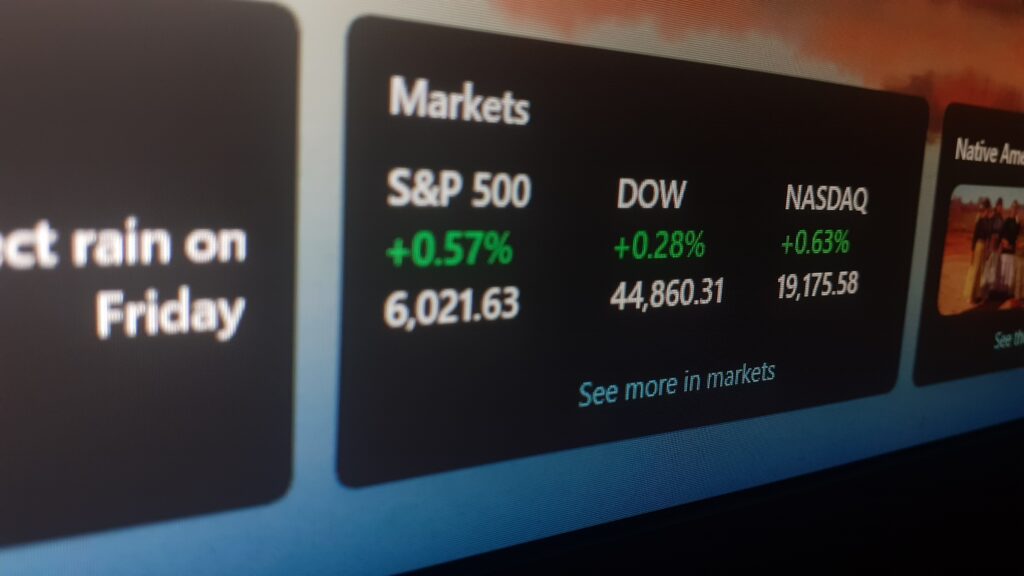The doomsday and extreme scenario for currency pairings is hyper-inflation in the currency that you hold. Sadly, this is what is playing out in very real terms for those invested in Venezuela. In January 2021 the inflation rate was found to be 2,665% and a 1 million note became worth 52 US cents. Other countries with high inflation rates include Zimbabwe, Argentina, Iran and South Sudan.
While in stable markets there are no real concerns about hyper-inflation any time soon, its little brother, regular old inflation, is now firmly a hot topic of concern. As vaccine rollouts continue and some indicators suggest that consumer confidence in many places is growing, there may be reason to believe that a number of economies will be impacted by inflation sooner than some may expect.
What is the connection between consumer confidence and inflation?
While the pandemic has led to job losses and hardships for a significant proportion of the population in many countries, for those who have remained in jobs, it may have had the reverse effect on their purchasing power. With lockdowns and reduced working from offices, many individuals who form part of professional workforces have stayed at home and saved money they would have spent travelling to work and socialising with friends at restaurants, cafes and pubs.
Some may continue to save or invest in long-term products. Others, desperate to spend after a year of forced self-discipline, might be hitting retail outlets and other shopping and spending destinations once fully open for business. This could lead to a significant increase in demand for consumer goods and services. If that demand starts to outstrip supply, significant inflation may result.
What does inflation mean for currency pairings?
Inflation will often have a negative impact on the value of a currency. At its most basic level, if a currency can buy less today of the same product it could buy yesterday, there is little incentive to invest in that currency — its perceived value has weakened.
There are of course many complex factors which need to be taken into account and it’s not as simple as understanding the likelihood of the cost of a basket of products and services going up or down in order to predict the value of a specific currency.
Interest rate levers, for example, can be pushed in the upwards direction in order to give consumers reason to pause before making big purchases, reducing the demand. At the same time, those higher interest rates can encourage foreign demand for financial products in that currency. On the other hand, poor economic growth data can reduce the incentive to invest. These and other factors need to be assessed and balanced against the drivers for increased consumer spending.
How might inflation affect different currencies?
In the US, although the data sometimes paints a contradictory picture month to month, there is already suggestion that retail sales are beginning to surge. Combine this sentiment with rising oil prices and there may be reason to believe that a rise in inflation may come earlier than expected.
In the UK, the budget was announced in March, and as expected, it has provided more opportunities for additional spending through government funded support measures. The vaccine rollout has been praised internationally as successful in comparison to other countries. If all continues along these lines, it may give UK consumers confidence to book holidays and “shop until they drop” during the upcoming summer months.
The Eurozone and Switzerland are interesting ones to watch. Political factors remain at play across the European Union as 27 countries agree plans to combat the impact of the pandemic. Risks relating to the political stability of Italy also remain a concern. As the economic outlook globally improves however, incentives to use Switzerland as a safe store of value may decrease sending the CHF downward.
Given that many major central banks are often tasked with keeping inflation rates at about 2% it will be interesting to see how they respond if and when consumer confidence starts to soar.






